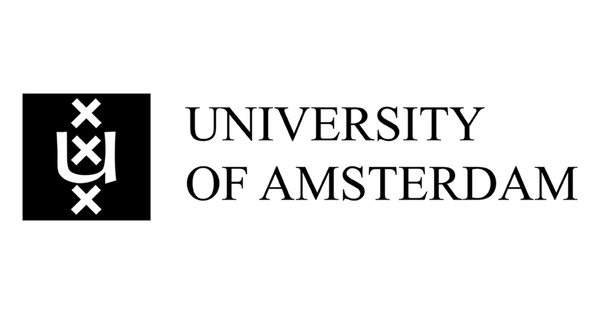The Master’s in Computer Science covers this fascinating and hyper-relevant discipline from multiple angles. The technical side of Computer Science deals with computer operations, like system software, computer networks and programming environments. The theoretical foundations cover the limits of what can be computed, computational efficiency, correctness, and the intricacies of concurrent execution. Software engineering studies construction and maintenance of large and often mission-critical software systems that need to be maintained by large teams of people. Because of its prominent role in everyday life, non-functional aspects of information technology are gaining importance in Computer Science, most notably the energy efficiency of data centres and the security of computer systems.
The start date of this programme is September 1st.
See also the study guide for a complete overview of the study programme. Or download the year schedule directly.

